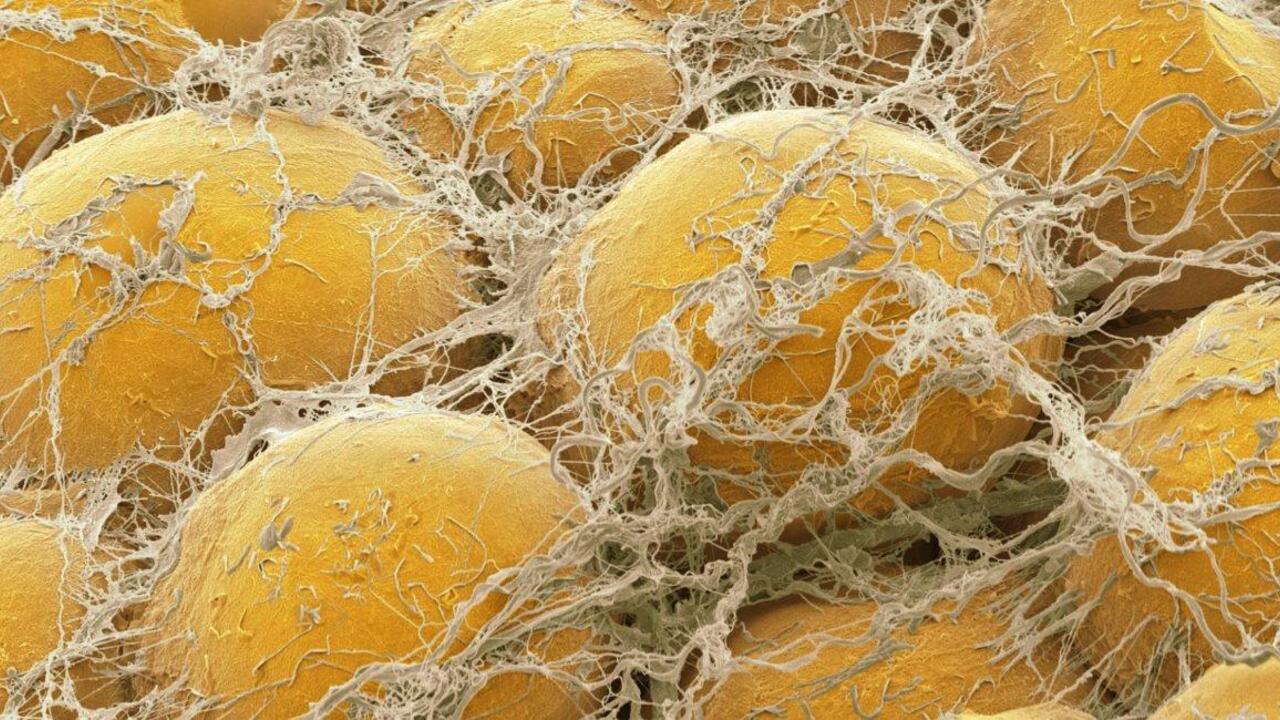A study led by scientists at the Karolinska Institute in Sweden focuses on the so-called brown fat. Unlike persistent white fat, which stores excess energy in the form of lipids and creates beer bellies, brown fat easily burns energy to keep the body warm in cold weather.
The idea behind the new study was to investigate how the activation of brown fat might affect the growth of tumors that rely heavily on glucose. The experiments began with mouse models of various types of cancer, in which rodents were exposed to both cold and warm temperatures. In mice kept at 4°C, tumors grew much more slowly and lived almost twice as long as mice kept at 30°C.
Analysis of tissues, cellular responses and glucose metabolism showed that low temperatures resulted in significant glucose uptake in brown adipose tissue. At the same time, glucose signals were barely distinguishable in tumor cells. Subsequent experiments, in which scientists removed brown fat or inhibited its functioning, largely eliminated the anti-cancer effect of exposure to cold temperatures and allowed tumors to grow at a normal rate. Feeding the mice high-sugar drinks had a similar effect.
The team found some evidence that similar effects might work in humans. Subsequent experiments involving a small group of healthy people and a cancer patient showed similar results: at lower temperatures – about 22°C – there was a lower glucose uptake by the tumor cells.
Source: Ferra










